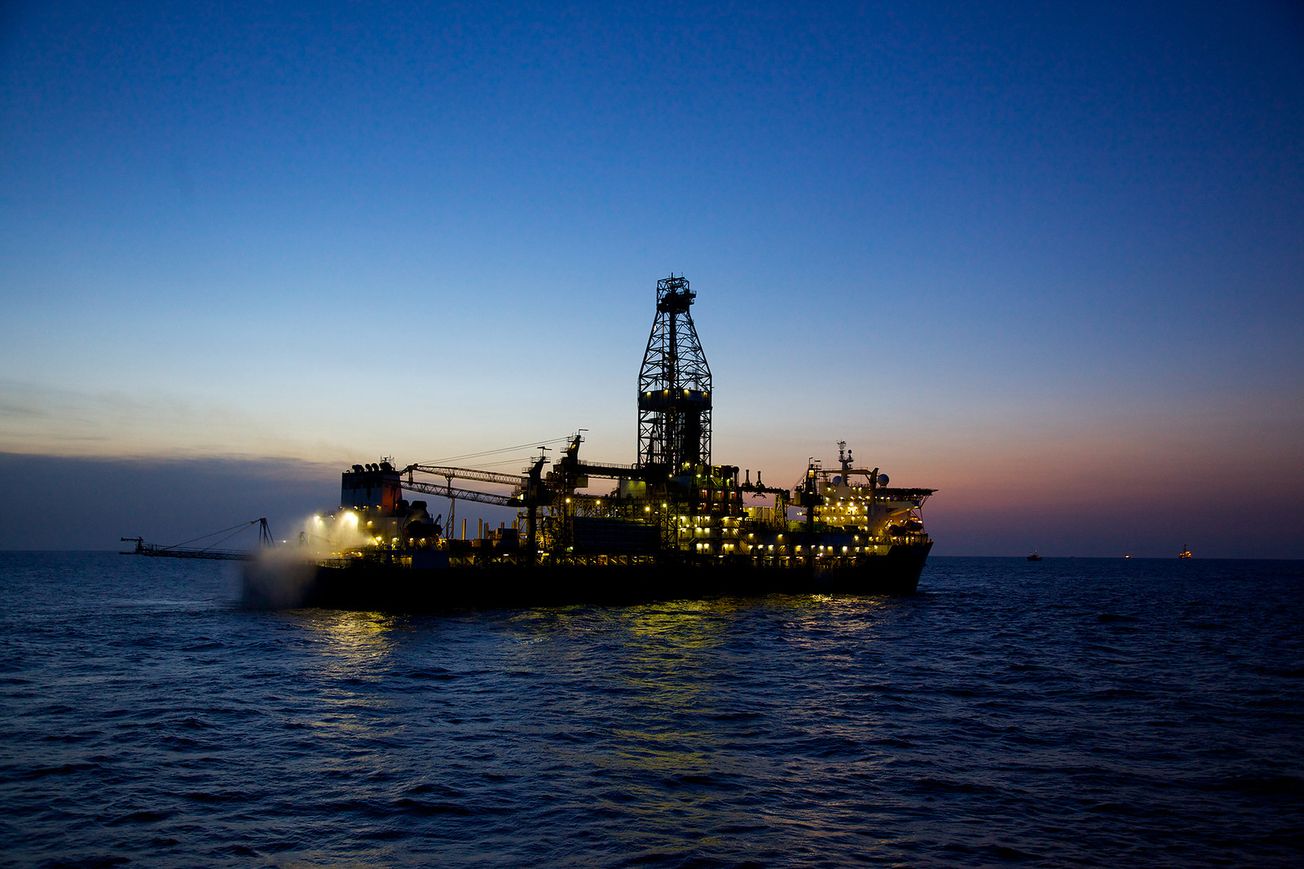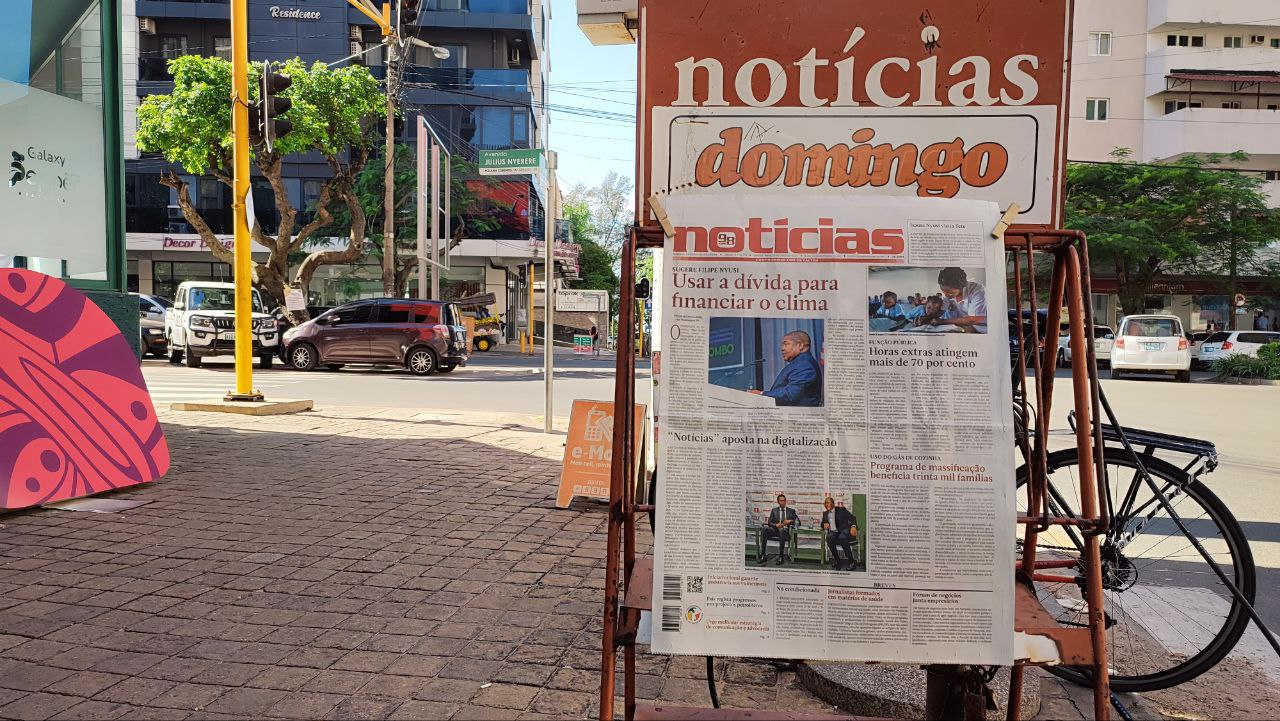By Peter Bofin, for the Cabo Ligado 2022 monthly report, published in full here
At least 160 people who had been remanded on terrorism charges, some for as long as seven years, were released from detention in February. On 23 February, one of the largest reported refugee crossings took place just one week before a “Joint Protection Dialogue” between the United Nations High Commissioner for Refugees (UNHCR) and the government of Tanzania’s ministries of foreign affairs and home affairs. Both issues paint a picture of the country’s response to the conflict in Cabo Delgado, and its impact on Tanzania. President Samia Suluhu Hassan’s approach to political engagement, both domestic and international, is more open than that of her predecessor, but political progress on both fronts will come slowly.
The prisoner releases indicate the scale of the terrorist threat perceived by Tanzania and provide insight into the processes leading to the releases. Between 23 February and 3 March, 160 people, nearly all men, were released. A further 20 were released in Morogoro, but immediately re-arrested. Inconsistent reporting and an absence of any official statements mean the actual basis on which they were released cannot be determined clearly. Some had charges dropped and some were released on binding orders as investigations continued, while the basis of the release of others was not made clear. The lack of extensive coverage, after reports of the release of the first four detainees, illustrates the nervousness felt by mainstream media in dealing with terrorism-related issues. After reports on the first releases in Mtwara on 23 February, and later Dar es Salaam, most reports of the releases were to be found on social media.
The releases come after two years of campaigning and lobbying by loose networks of Muslim activists on behalf of detainees, some of whom have been awaiting trial since 2013. Their total number is not known, but it is estimated as being in the hundreds. The releases give an insight into how the state brings Islamist-oriented activists into mainstream political processes at the national and the local level.
In June 2020, the Shura ya Maimamu, or Advisory Council of Imams, produced a position paper for that year’s general election, which called for the release of 148 people detained on terrorism charges between 2013 and 2017, whose cases had yet to come to trial. The following month Hizb Ut Tahrir launched a campaign for the release of four of its members detained in Mtwara. In August 2020, five months after coming into office, President Samia herself called for the release of those who have been detained on remand for years while their cases are investigated.
Shura ya Maimamu is associated with Sheikh Ponda Issa Ponda, who has a history of conflict with the state and the National Muslim Council (known by its Kiswahili acronym Bakwata), and has been arrested numerous times. He claims to have met with the Director of Public Prosecutions (DPP) in January, stating that the DPP told him that all those held on long remand were due for release. Ponda had also last year undertaken a series of prison visits and meetings with prisoners' relatives. Internal DPP processes continued in February, according to Mtwara’s resident magistrate-in-charge, and other channels were employed, too. In Morogoro, a sheikh heading up the Kamati ya Maafa ya Mkoa, or Regional Emergencies Committee, the body supporting Muslims detained on terrorism charges in Morogoro, claims to have been in direct contact with the DPP on the issue.
These civil society processes have recorded a significant win. There is no evidence that other prisoners awaiting trial have benefited in this way. Given the numbers involved, they will go some way to building bridges with affected communities, though elsewhere disappearances have continued, and continue to be highlighted.
Building bridges with the international community with regard to Tanzania’s refugee policy will be a similarly slow affair, despite the High Level Protection Dialogue held from 1 to 2 March with UNHCR. Tanzania’s relations with UNHCR have been strained since a 2019 agreement between Burundi and Tanzania to forcibly return refugees who are in camps in Kigoma region.
Relations have been further strained with the policy of refoulement of refugees from the conflict in Cabo Delgado. In April 2021, a group of UN human rights experts alleged that refugees from Burundi were subject to enforced disappearances, torture, and forced return. The following month, UNHCR expressed concern over Tanzania pushing refugees fleeing fighting in Cabo Delgado back across the Mozambique border. This followed a UNHCR estimate in April that up to 1,000 refugees who fled the attack on Palma had been subject to refoulement.
Since then, refugee flows have continued, despite military intervention by Rwandan and SADC forces. As in Kigoma, Tanzania is reluctant to see permanent refugee settlements develop, seeing them as a security risk. Whether that policy will contribute to increasingly suspicious views of SADC troops — in Nangade district in particular — remains to be seen.









